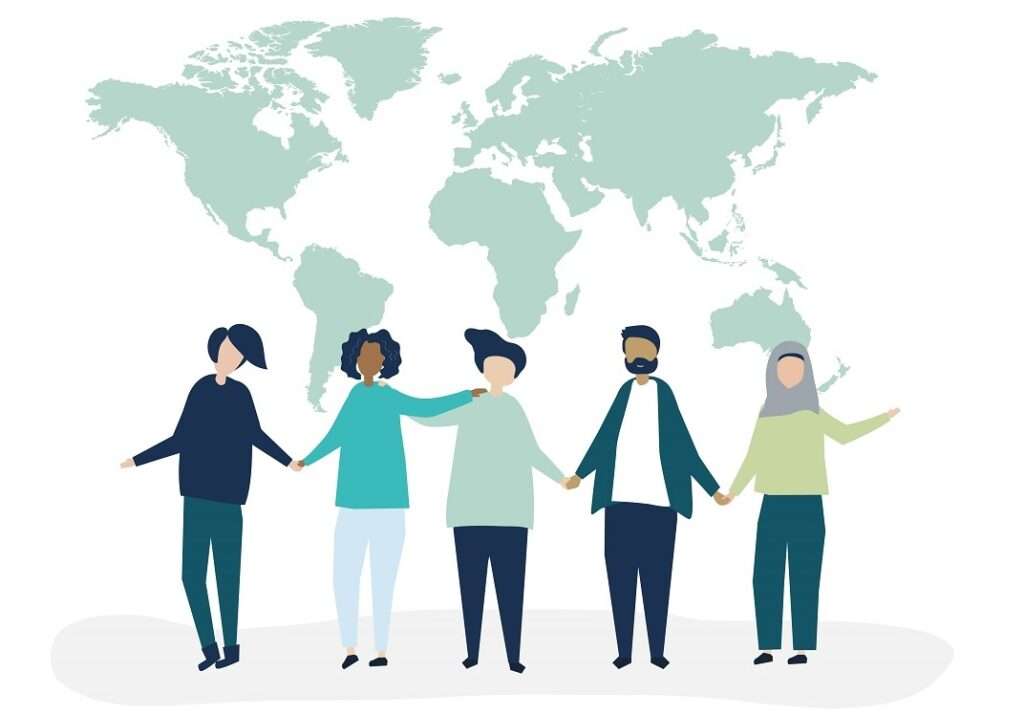How Various Cultures Practice Health and Wellness

A tradition passed down through generations is at the heart of unique wellness habits in various countries and cultures. Becoming informed of new practices is a beneficial option for an adventurous health enthusiast or someone simply looking for a unique alternative to a specific problem.
Spain - Recharge with an afternoon nap.
Lunch in Spain is traditionally followed by a 10 to 30-minute quick snooze or a midday nap or siesta. Feeling recharged and rejuvenated can be accomplished in as little as 10 to 30 minutes. Cognitive functions such as retaining information, more precise thought, and heart health improvement are possible benefits of afternoon naps.
Japan - Refrain from wearing outdoor shoes inside.
Japanese tradition frowns upon bringing the insanity dirt and bacteria of the outdoor streets into a home. This cultural rule applies when visiting a restaurant, school, temple, or ryokan. In addition, this cultural custom also has a psychological benefit; the stressors and worries of life outside the establishment are left at the door as you switch over to a calmer place with better peace of mind.
Mexico - Make time for your family.
As told by History, family is culturally significant for the people of Mexico. Amidst the hustle and bustle of a hectic lifestyle, it's easy to neglect quality time spent with loved ones. However, setting time aside for quality family interactions promotes feelings of bonding and feeling loved and encourages a well-established support system once these family bonds are well established.
France - Don't be afraid of indulging.
A life lived with sensual enjoyment in moderation is a practice the French have mastered. French culture understands the value of enjoying something decadent and delicious in small quantities without worrying about more diet-friendly versions of the same food. Controlled amounts also teach the French the treat as if it were an exciting experience.
Sweden - Balance is everything.
Swedish culture lives a lifestyle centered around equilibrium in all aspects of life. This even includes time spent at work, a surprisingly short six-hour workday. As an additional benefit, the shorter work days promote overall quality of life without cutting corners on productivity. General lifestyle satisfaction and a feeling of being content are achieved through this balance, as Swedes can more easily make time for their loved ones, such as friends and family.
The Netherlands - Bicycles over cars.
One of the hallmark features of Dutch culture is bicycles as their primary method of transportation. The Dutch ride their bikes anywhere and everywhere, whether to and from work or running routine errands such as grocery shopping. Major tourist cities, such as Amsterdam, have also taken steps to ensure such regions are bicycle-friendly and safe but include features such as bicycle parking spots, riding lanes, and bicycle racks.
Thailand - Massages are a way of life.
It's common for many cultures worldwide to view massages as an occasional relief to decompress and wind down. However, massage therapy in Thailand is a cultural lifestyle that aims to relax muscle tension, ease mental stress, support a healthy digestive system, and repair physical injuries.